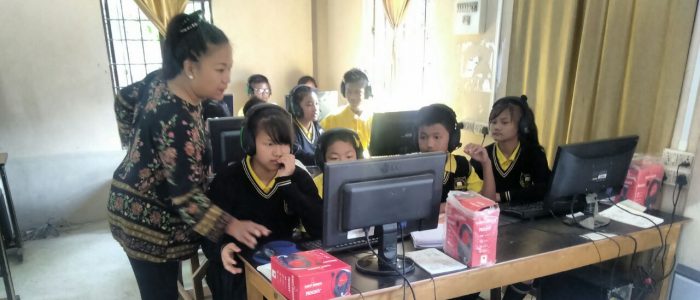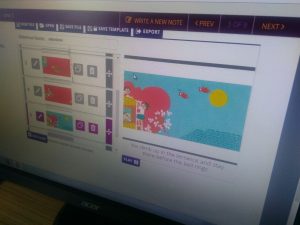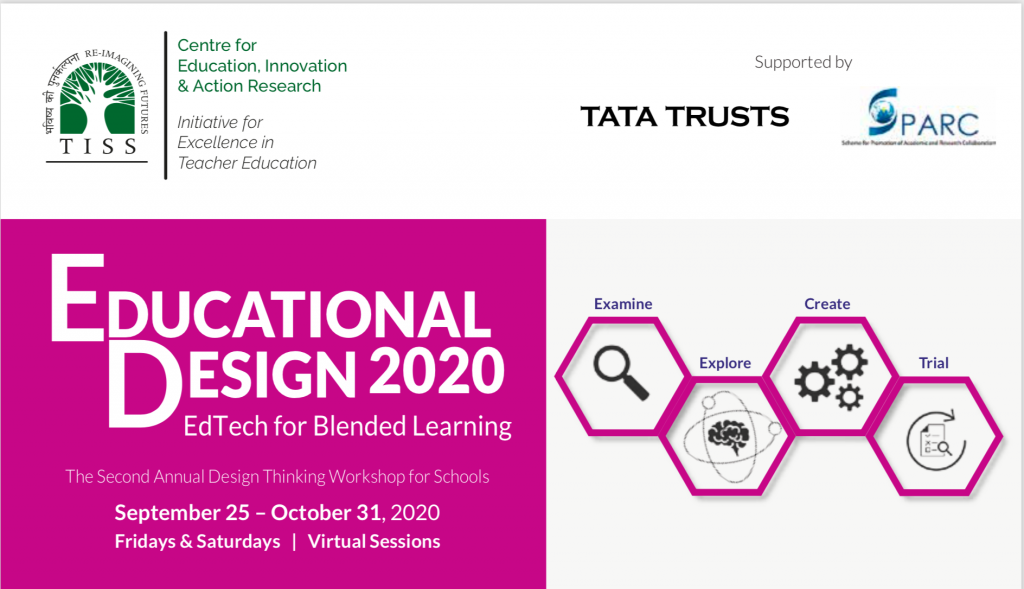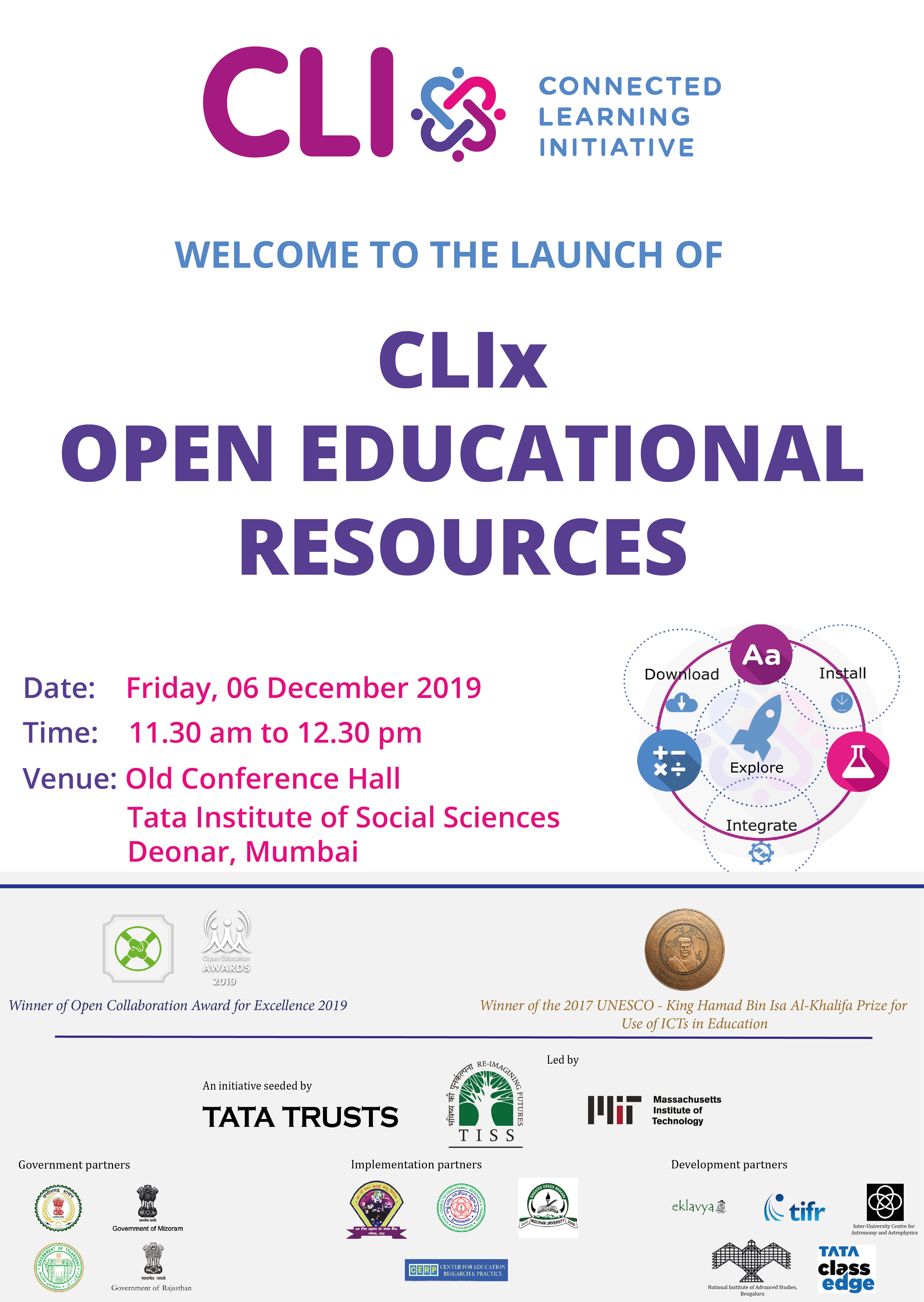What does Assessing Learning of a Language mean? (21.05.18 – 7.06.18)
‘Have I learnt to speak fluently?’ ‘Can I speak accurately?’ — attempting to answer some of these questions for assessing language learning can be a tricky business. Yet language learning need not be limited to these sub skills and viewed more holistically through the lens of learner behaviour as they attempt to learn the language. This is precisely what we attempt to do through the three-month long Learning Outcome study, undertaken in the state of Mizoram. The first blog in this series on the study, begins with an introduction to the study and what it means to assess language learning on a CALL platform.
As we enter the classes, there is a familiar air. A new academic year, a new batch of students and yet the teachers evidently appear more at ease since their first CLIx class . They confidently resolve student issues, demonstrate a certain comfort in dealing with technical glitches and encourage students to attempt all the activities carefully. What is the impact of such an ideal implementation of the modules on learners?
Last year, the English team travelled across states and got a birds eye view of the labs, the nature of implementation and engagement with CLIx English modules. This blog (link to Jennifer’s blog: https://clix.tiss.edu/two-steps-forward-one-step-back-change-in-a-village-school-in-rajasthan-05-02-18-07-02-18/) looks at the levels of use, that the CLIx labs have progressed through. As adoption related issues reduce, the next big leap we hope to see is a significant improvement in terms of language learning among students.
At the outset of the study, we had to be clear about the learning outcomes we expect to assess during this short period of the study. While an improvement in listening and speaking skills is central to the modules, the immediate observable changes would be in language learning behaviours which we started noticing from the very first class. A girl nervously held the mouse for the first time and as she tried to control it, the cursor moved too fast. She quickly placed the other hand on the mouse to slow it down. On seeing her struggle, her friends giggled but quickly came to her rescue showing her how to control the movement better. This change in ease in use of technology in the first day is gradually progressing to students correcting each others language errors: “It is not isstar. Say star,” tells a boy gently to his partner. “I have recorded many times. Now you try to record,” nudges another student to his pair who has helped him attempt activities but is diffident to speak. This is just the start of observing students collaborating to negotiate meaning in the month long study. However, assessing language learning is a complex process. While assessing outcomes alone would give a simplistic knowledge of the changes in skills, it would be of greater value to include the processes through which one arrived at that outcome. (Nawani, 2018)
Rich classroom observations undertaken during the LO study, would give greater insight into the learning behaviours and the nature of impact they have on the listening and speaking skills. This knowledge can go a long way in understanding the efficacy of the module, and nature of classroom processes that teachers can adapt for an environment conducive to language learning.
Nawani, D. (2018). Assessing ASER 2017.” Economic & Political Weekly, 53 (8), p.15.
Lavanya Murali, Associate Researcher, English Team, CLIx





